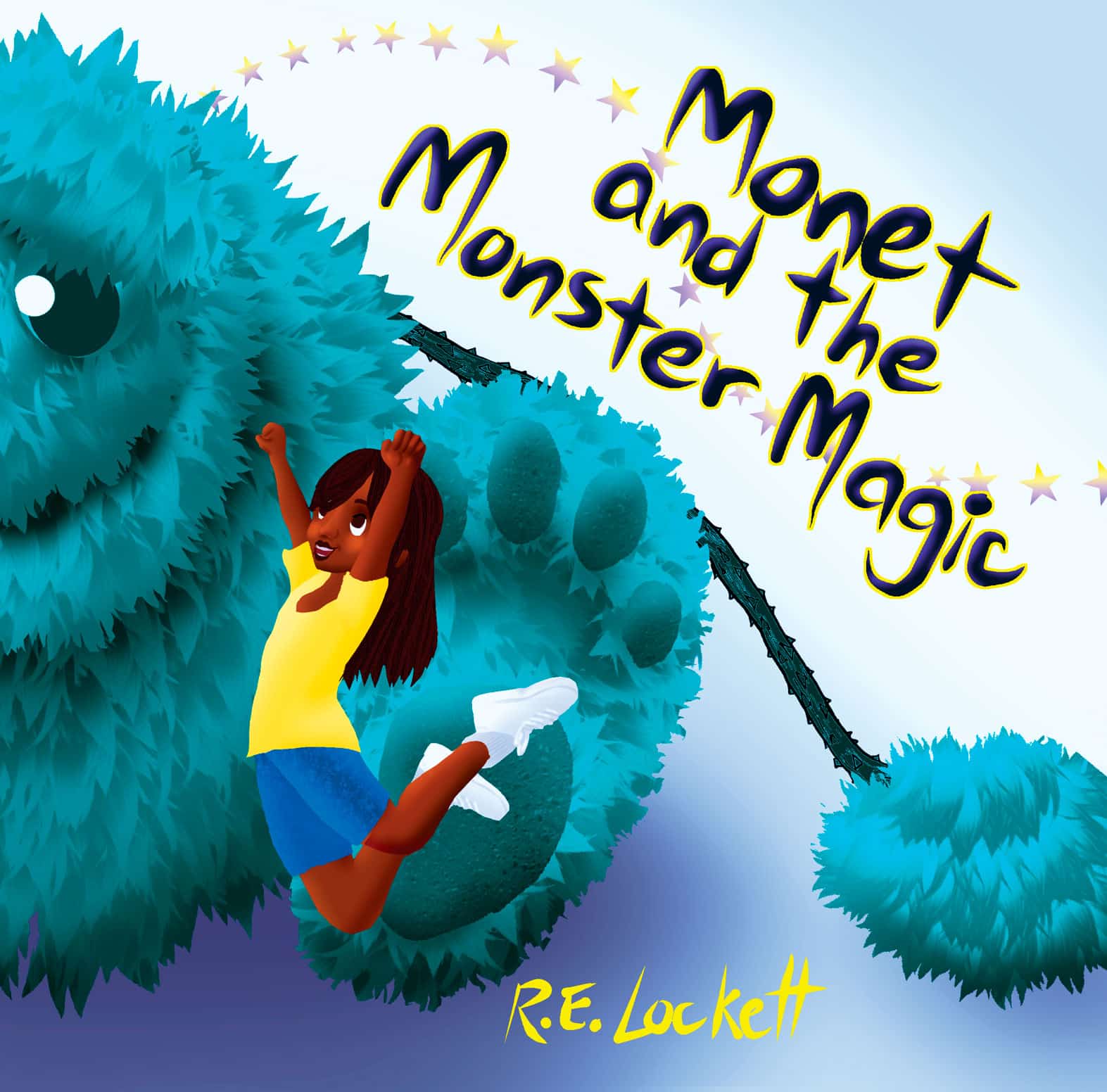Your cart is currently empty!
Change: Why It’s Good for Writers

in
Disclaimer: This post may contain affiliate links for books we recommend. If you make a purchase through these links, at no additional cost to you, we may earn a small commission. See our full Terms of Use here.
Changes are rarely easy, whether you’re the one making them or experiencing them secondhand. Change, though, can be an opportunity to grow in ways that may not have been possible before the change began occurring. I’ve been lucky enough to experience both sides of this equation over the past few years, and I’m here to tell you it gets better with time! When writers find ourselves on waves of change, we ride them until they buck us off! Here are some reasons it’s good for writers to ride that wave.
Embrace Change
Change is not just a part of life, it’s a part of every moment. This truth resonates throughout the lives of writers – especially in our work. If there are two things that I have become accustomed to as a writer, they are rejection and change. Rejection has always been a part of my writing career. It started with poetry and short stories in middle school. My teachers would tell me how much they liked my writing, but then explain why they couldn’t accept my submission. I would get frustrated, but then move on to another story or poem and try again next time. Eventually, I learned to write what was in my mind and make the changes that I knew would work. I always kept that original, though. Writers are a stubborn bunch.
Flexibility is a tool in the writer’s utility belt that gets good use. The market is always changing and writers need to keep up, even after they find their niche. The market will shift, readership will decline, or new opportunities will present themselves. As long as you keep up with these changes, you can ride them out until they buck you off like a wild horse! So, embrace change and enjoy riding those waves!
Writing: Life
I’m currently riding waves of change in my personal life, my primary career, and even in my writing. These changes can be scary, but it’s best to embrace them as opportunities. They will improve who I am and what I do as both an individual and a professional writer. Plus, these changes have made me more aware of the skills I need to become even better at what I do. That awareness has helped me improve in more ways than I could have imagined.
When people talk about the uncertainty of being a writer, they’re usually referring to one specific form of uncertainty: How do you know if your writing will bring in the money you need to survive? However, there’s another kind of uncertainty that most writers face at some point or another, and it can be even more challenging than having an inconsistent income stream. It’s the uncertainty that comes from experiencing change in your life and your writing. This type of uncertainty is different because it’s not based on external factors—it’s based on internal ones. And while we can’t control all external factors, we have control over how we respond to those that affect us internally.
Embrace Uncertainty
This is probably one of the hardest things to do when faced with change—but also one of the most important things you can do if you want to overcome it. In fact, embracing uncertainty means accepting that you won’t always know what’s going to happen next. You’ll ask questions like:
What happens if _?
and
How am I going to handle _?
You don’t always have answers to these questions, but embracing uncertainty doesn’t mean giving up. Instead, it means understanding that no matter how much planning you do ahead of time, something unexpected will come up eventually—and that’s okay! In fact, embracing uncertainty is necessary if you want to overcome existential writing challenges like fear of failure or self-doubt. While uncertainty can be scary, it can also liberate and empower. If you’re willing to embrace change and let go of a little control, then you’ll be able to handle just about anything that comes your way as a writer.
I have very little in the way of understanding when I start a story. I know only what I know, and usually that’s what someone said while doing something. Vague, I know, but that’s the point. Life starts out the same way. Hell, most days start out that way: a single idea that must form its own intent. Like beloved children, we watch those ideas grow – and change. There is discomfort in not knowing what the change will bring, sure, but so much comfort in knowing that change will occur.
Sometimes it comes from an unexpected place. It can come from inside you. Sometimes it just happens because life is weird like that. Either way, embrace it. Let go of control and see where your characters take you. They may surprise you with their wisdom or foolishness, strength, or weakness. They may even surprise you by how well they do or don’t fit into your plans for them – but whatever happens, embrace it as part of your journey as a writer… and as part of your journey through life!
Don’t Fear Failure
Change may not always lead to great things. That’s part of why we’re wired to fear it. Sometimes rewriting a poor passage leads to regrettable results. No, that’s not right. OFTEN. It often leads to bad things. That poorly written passage had to go, though. It had to change. Eventually, the final version was acceptable to read. You can’t be afraid of failure if you want to write well.
Accept failure as an inevitability in your writing process and move on from there. Nothing teaches faster. Your First Draft is Not Your Final Draft: If you are going to write something worth reading, you need to get out of your own way. So what does that mean? It means don’t stop yourself from writing something because it isn’t perfect. Let go of perfectionism before it stops you from creating anything at all. The first draft is simply practice for when you get stuck later on down the road. The more words you put down now, even if they aren’t great ones, will help smooth out any rough patches later when crafting your story into a masterpiece. Write your way into the change. Embrace it. Ride it until you fall off. Then start again. You’ll eventually reach shore where everything looks different from how you left it… but better!
Set Goals
Change is always a goal I list when setting goals for a new writing project. This time last year, I was trying to change my life and make it something that suited me better. This year, my focus has been on changing my professional life in concert with my personal life. The best thing about these changes is that they are self-imposed and not something forced upon me by others or an outside force.
The worst thing about these changes is that they are still scary and sometimes I want to hide from them but know that would be worse than facing them head on. These changes have brought with them many challenges but also many opportunities to grow and learn more about myself and what it means to be a writer in today’s publishing world.
A goal not set is an achievement not celebrated. I have made great strides in my writing and publishing career. There are still many more goals to achieve and many more waves to ride. I look forward to seeing what these changes bring me as a writer and a person. I can’t wait to see where they take me next.
Ride the Wave
The only certain way to predict change is to enact it. If you’re a writer, you know that nothing ever goes as planned. You might have an idea for a novel and think you can write it in three months. That doesn’t account for life getting in your way or other ideas popping up that need writing first. If you’re not willing to ride with these changes, they’ll buck you off and leave you feeling defeated and unmotivated. Instead, get on board with what life throws at you—the good and bad—and write through each wave of change until they eventually crash down on your head, leaving behind a new world that was never there before.
This is how we grow as writers. We embrace change and allow ourselves to be carried along by its current until we emerge from it wiser, stronger, and better than we were before. And isn’t that what every writer wants? To be better than they were yesterday? So why resist change when it’s here? Ride those waves! Let them take you where they will! They’re really more like gentle swells, anyway. Don’t fight them so much as relax into their rhythm… then grab onto a swell when one comes along and let yourself float along its length until you come out on top again! See? Not so scary after all!
Keep Writing
Writing is a habit. Sometimes it can feel more like a bad habit. The last thing you want to do when struggling with writer’s block is give up and stop writing. If it seems hard now, just think about what you would give up on if you stopped writing altogether—that’s an idea worth pursuing. As long as your head can form coherent thoughts, keep putting them down on paper or in digital format. Don’t worry about publishing anything or even editing what you wrote. If it helps, make a new file with Ramblings as its title and fill that puppy full of half-baked ideas and fragmented sentences until your wave picks back up again.
Many times, when people face major life changes, they get stuck and stop making progress. Instead of allowing yourself to become stagnant, embrace change by using it as a reason to move forward. Though things will never be exactly like they were before, you will discover something new about yourself. Work through these transitions. Who knows? Maybe you’ll start writing thoughts you hadn’t considered before! Change can be good—even though it may feel scary at first. Ride out your wave until it crests and crashes on shore. You’ll find there is another one right behind it waiting to take its place. So, sit back, relax and enjoy being swept away by change. After all, life’s a beach (and what’s a beach without waves?).
Find Inspiration Everywhere
One great thing about being a writer is that you never have to stop writing. Maybe your life has changed and you’re going through a rough patch, but it can still be incredibly useful to put words down on paper, in a private journal or on a public platform. Even if you don’t feel like putting words on paper, don’t just sit there. Let those words flow out onto some form of digital media. That way, they’re there when you need them and can be your refuge when everything else is falling apart around you. If you avoid writing, recognize it. It’s okay to be scared sometimes. What scares us most often turns out to be something that strengthens us in the end.
-R.E.

